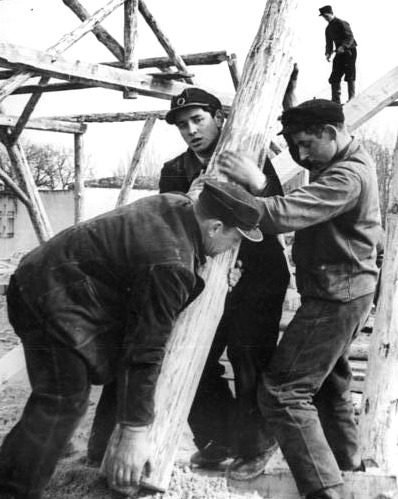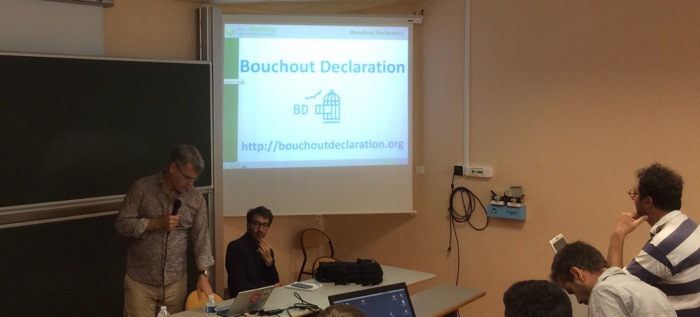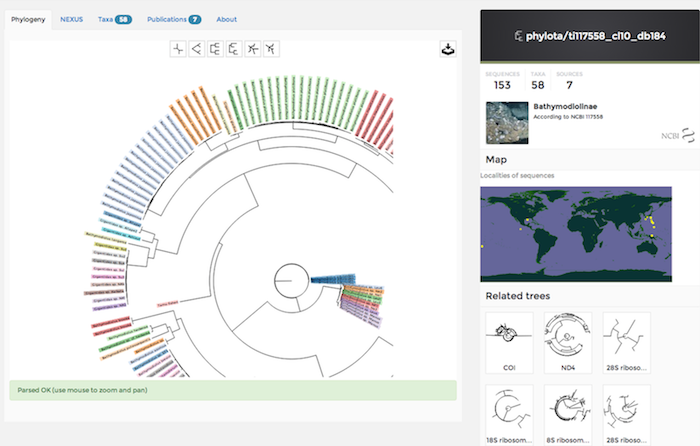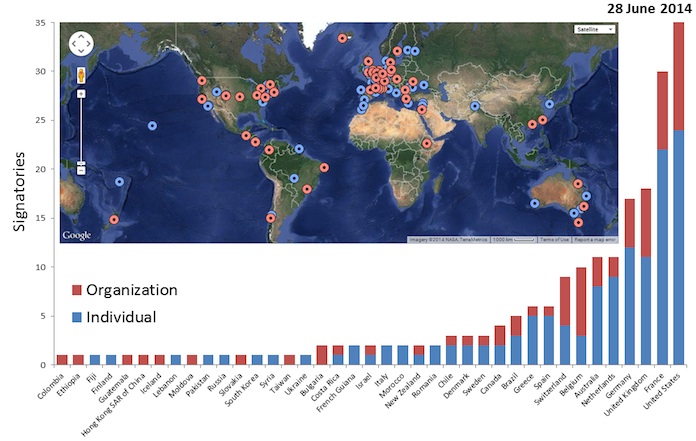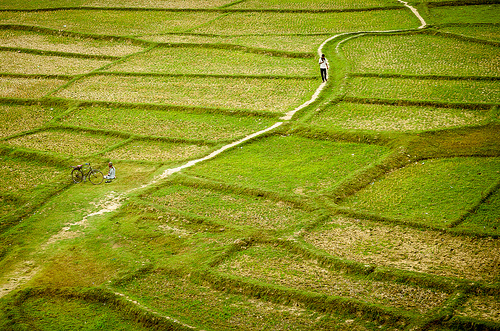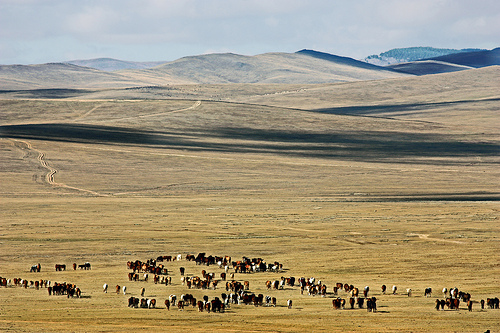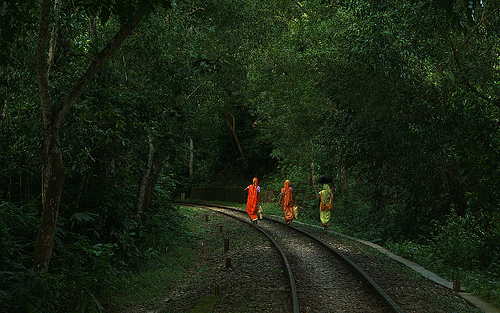European Commission endorses CC licenses as best practice for public sector content and data
jeudi 17 juillet 2014 à 20:08Today the European Commission released licensing recommendations to support the reuse of public sector information in Europe. In addition to providing guidance on baseline license principles for public sector content and data, the guidelines suggest that Member States should adopt standardized open licenses – such as Creative Commons licenses:
Several licences that comply with the principles of ‘openness’ described by the Open Knowledge Foundation to promote unrestricted re-use of online content, are available on the web. They have been translated into many languages, centrally updated and already used extensively worldwide. Open standard licences, for example the most recent Creative Commons (CC) licences (version 4.0), could allow the re-use of PSI without the need to develop and update custom-made licences at national or sub-national level. Of these, the CC0 public domain dedication is of particular interest. As a legal tool that allows waiving copyright and database rights on PSI, it ensures full flexibility for re-users and reduces the complications associated with handling numerous licences, with possibly conflicting provisions.
The Commission’s recommendations warn against the the development of customized licenses, which could break interoperability of public sector information across the EU. The guidelines clearly state that license conditions should be standardized and contain minimal requirements (such as attribution-only).
In order to proactively promote the re-use of the licenced material, it is advisable that the licensor grants worldwide (to the extent allowed under national law), perpetual, royalty-free, irrevocable (to the extent allowed under national law) and non-exclusive rights to use the information covered by the licence… it is advisable that [licenses] cover attribution requirements only, as any other obligations may limit licensees’ creativity or economic activity, thereby affecting the re-use potential of the documents in question.
This is a welcome outcome that will hopefully provide a clear path for data providers and re-users. It’s great to see this endorsement after our efforts alongside our affiliate network to advocate for clear best practices in sharing of content and data. The recommendation benefits from CC’s free international 4.0 licenses, saving governments time and money, and maximizing compatibility and reuse.
Kudos to the Commission and the assistance provided by LAPSI, Open Knowledge, and others.

